Electric Vehicles ARAI Standards and Regulations in India?
India has the fourth-biggest car industry on the planet. The business is extending with a build yearly development rate (CAGR) of 7.01%. Around the world, the transportation area is answerable for 24% of all CO2 outflows from fuel burning; 3/4 are from street transport.
India depends on imports for roughly 81.7% of its raw petroleum prerequisites and positions third with regards to energy utilization after the USA and China (Energy Policy in India). In view of this forecast, India’s dependence on oil imports will keep on rising, which will bring about a flood in the cost of oil and gaseous petrol.
EV entrance levels, EV approaches, charging framework, battery expenses and jolt, EV productivity, and government drives have been recognized as the signs of development and improvement of the EV market in India.
The Government of India has teamed up with a few organizations to give adaptability to businesses including EVs pursuing a creative biological system.
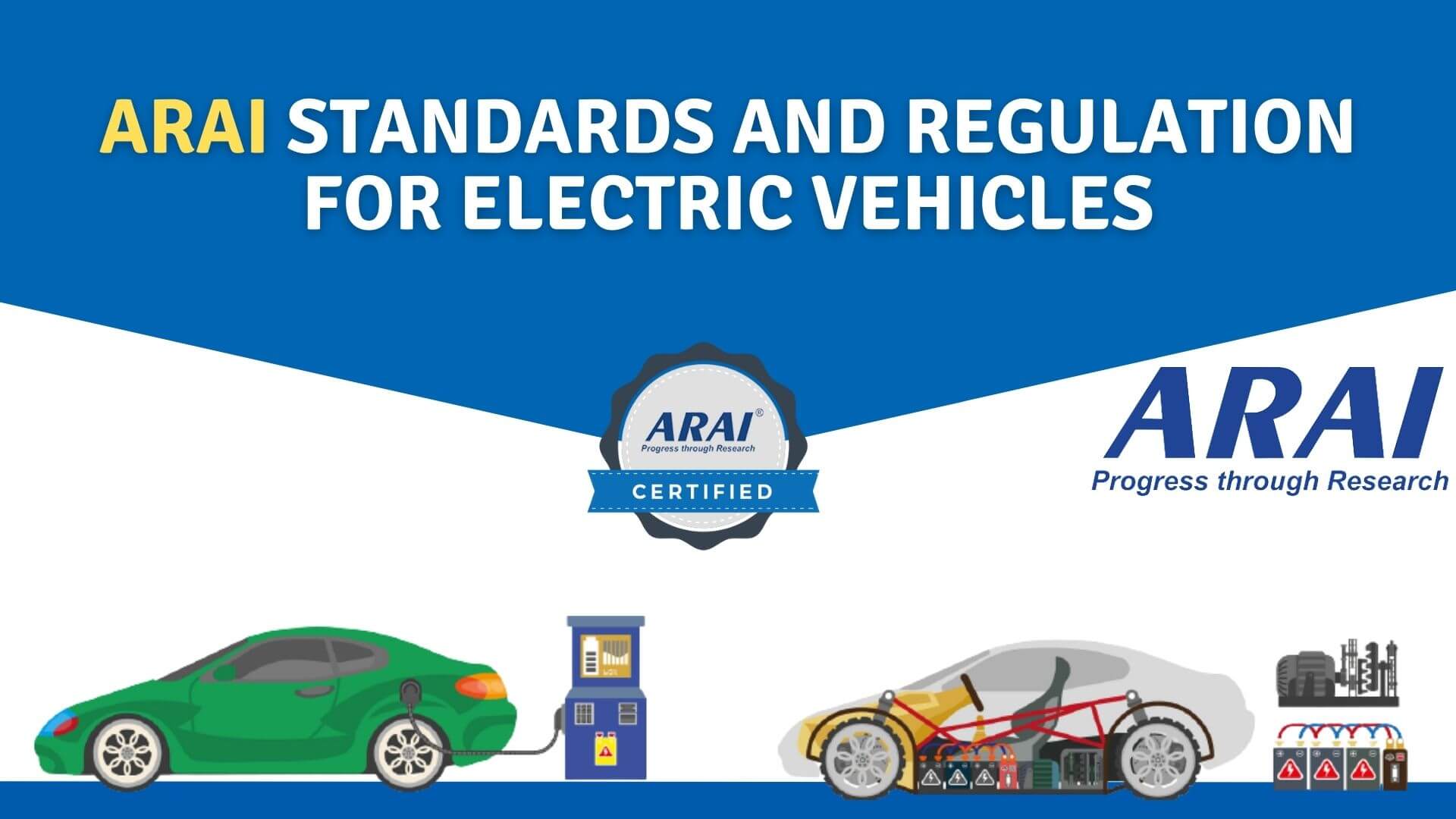
What is ARAI and Its Importance for EVs in India?
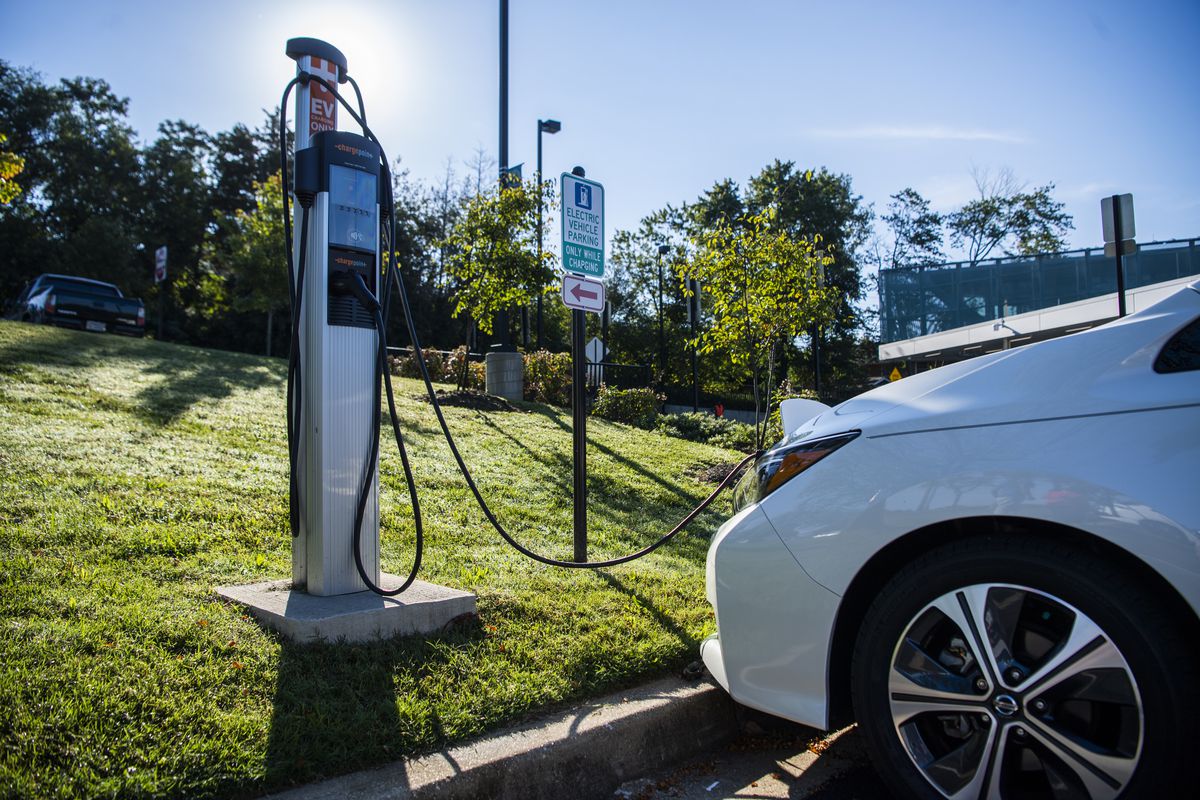
Auto Research Association of India, otherwise called ARAI was laid out in 1966. It is the main auto Research and Development association of India set up by the Automotive Industry with the Government of India.
ARAI is an independent body partnered with the Ministry of Heavy Industries, Government of India. It has been assuming an essential part in guaranteeing protected, less contaminating, more proficient, and dependable vehicles and has been perceived as a Scientific and Industrial Research Organization by numerous administration divisions.
Besides, ARAI is one of the excellent Testing and Certification organizations told by the Government of India under Rule 126 of Central Motor Vehicle Rules, 1989.
Its vision is to turn into an elite Mobility Engineering, Research, and Innovation Institution and a main Global Automotive Certification, Testing, and Evaluation Organization.
ARAI helps Perform the following functions for Electric Vehicles:
- Battery Performance and Safety Testing
- Electric Motor Characterization
- Vehicle Performance and Homologation according to CMVR on Chassis Dynamometer and Test Track
- Charger Testing and Certification
- Electric Vehicle Development
- Battery-powered Energy Storage System (REESS) Evaluation utilizing CAE
- Four Poster sturdiness of Electric Vehicle in Climatic Chamber for primary ampleness, and so on.
ARAI Standards for Electric Vehicles & its Chargers
ARAI has set a few Standards for Electric Vehicles and Chargers which are as per the following.
- AIS-038 – Electric Power Train Vehicles-Construction and Functional Safety Requirements.
- -It incorporates necessities of a vehicle with respect to explicit prerequisites for the electric power train and necessities of a vehicle Rechargeable Electrical Energy Storage System concerning its wellbeing.
- AIS-039 – Electric Power Train Vehicles-Measurement of Electrical Energy Consumption.
- -It helps in estimating the utilization of electric energy by electric vehicles.
- AIS-040 – Electric Power Train Vehicles – Method of Measuring the Range.
- -It is a reach test for the electric vehicles
- AIS-041 – Electric Power Train Vehicles – Measurement of Net Power and The Maximum 30 Minute Power
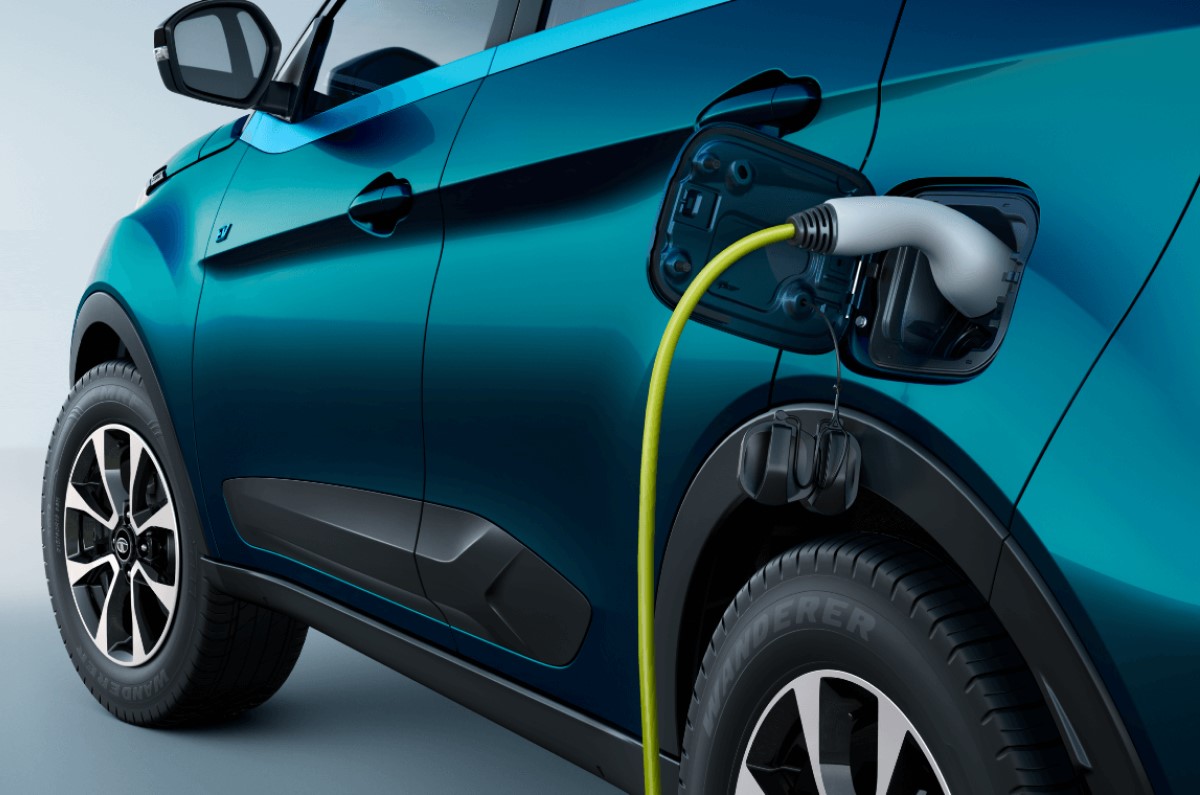
- It helps in the estimation of the net force of the electric vehicle and makes sense of the working and advantages of the most extreme 30-minute power.
- AIS-049 – Electric Power Train Vehicles – CMVR Type Approval for Electric Power Train Vehicles.
- -It is a trial of grade-capacity for electric vehicles.
ARAI is focused on creating supportable portability answers for a more secure, reasonable and cleaner climate and transportation area.
It is focused on utilizing every one of its assets to safeguard the interest of its clients, partners, workers, and generally speaking activities. They have prepared individuals, innovation, and apparatuses to satisfy their responsibilities.
In this manner, is exceptional to take up future difficulties. They are a significant component of the development of the auto area in India.
Its aggregate, cooperative, and agreeable endeavors help improve more current answers for EV environment advancement.
Electric Vehicles Standards and Regulations in India?
Worldwide, the car business is going through a change in outlook. The previous century has been the period of the gas powered motor (ICE) basically because of the convenience, accessibility, and minimal expense of petroleum derivatives.
The shift to electric portability has become fundamental because of the quick exhaustion of petroleum products, fast expansion in energy costs, effect of transportation on the climate, and worries over climatic change.
For what reason are Standards/Regulations Required for EVs?
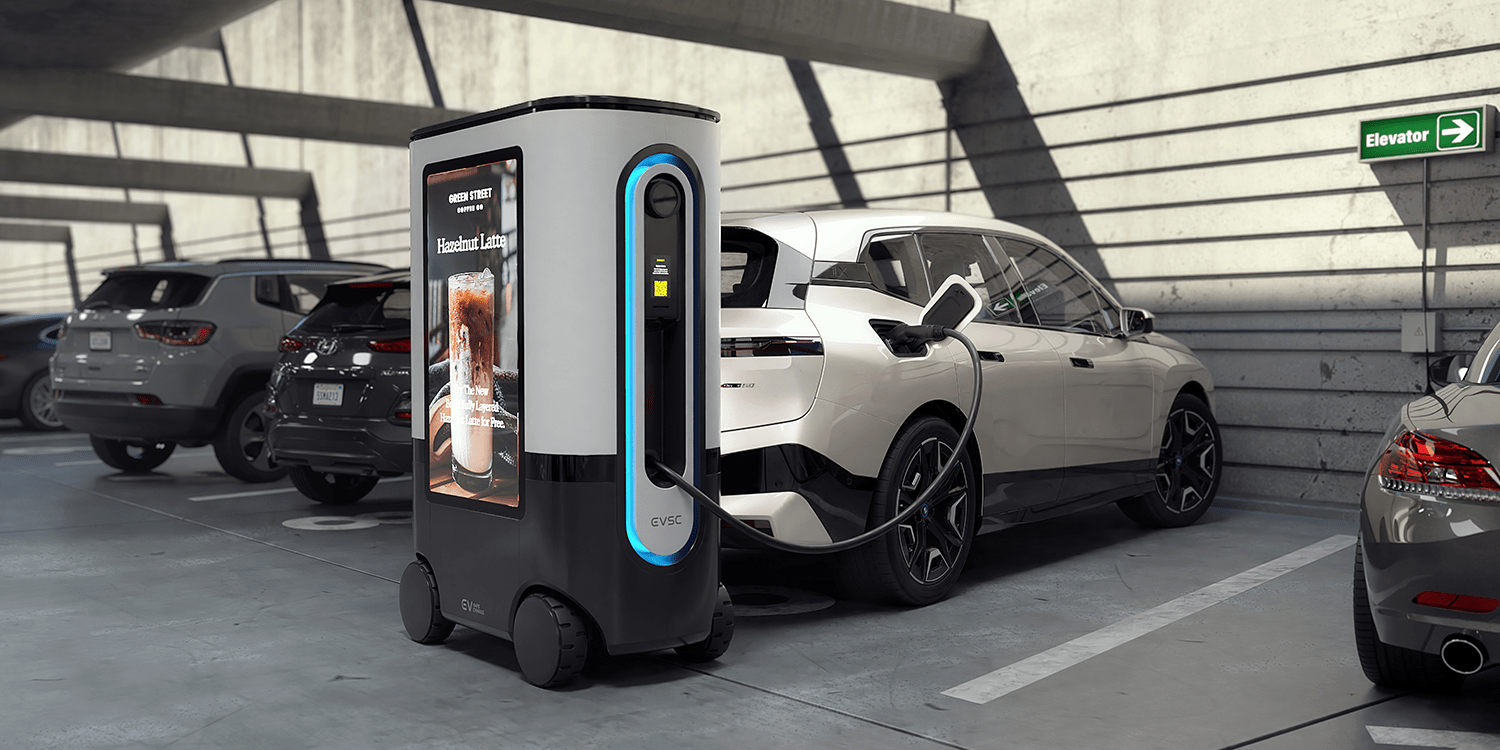
EVs are acquiring ubiquity in the commercial center. Subsequently, OEMs are obliged to guarantee the wellbeing of people in general. With the expansion in the utilization of Electric bikes and electric vehicles, it will require usability for shoppers.
Strong testing and certificate can assist with meeting both the previously mentioned targets. A portion of different explanations behind normalization are:
- Social interest,
- Least security necessities,
- Execution prerequisite,
- Quality during the item life cycle,
Normalization is represented by different government offices. CMVR is a specialized standard council, AISC is the Automotive Indian Standard Committee, Standing Committee on Emission Legislation-SCOE, Bureau of Indian Standards-BIS. Testing of different parts in an electric vehicle should be finished for its job in the application, unwavering quality, strength, security, effectiveness, and so on. CMVR has endorsement testing in the Verification, security, and execution classifications.
Category and Type of Approval Required For EVs in India?
No CMVR certificate is expected for vehicles falling detail with 250W (30 minutes force of engine) of a greatest speed of 25 kmph. Be that as it may, such vehicles need to agree with the accompanying things:
- White reflectors on the front side
- Red reflectors on the back side
- Brakes
- A vehicle without a battery should weigh beneath 60kg.
Unofficial law Framework for Electric Vehicles
A portion of the worldwide guidelines are carried out by SAE, AIS by CMVR, and UN ECE Regulations R100 R101 R85 for electric vehicles.
- AIS Standards are for electric vehicles in India, Some of the guidelines are AIS038, 039, 040, 041, 048, and 049.
- AIS038: Requirement for development and utilitarian security
- AIS039: Measurement of electrical energy utilization (Wh/km).
- AIS040: Method of estimating the reach.
- AIS041: Measurement of net power and greatest 30 min power.
- AIS049: CMVR type endorsement for EV.
- AIS048: Safety necessities for footing batteries.
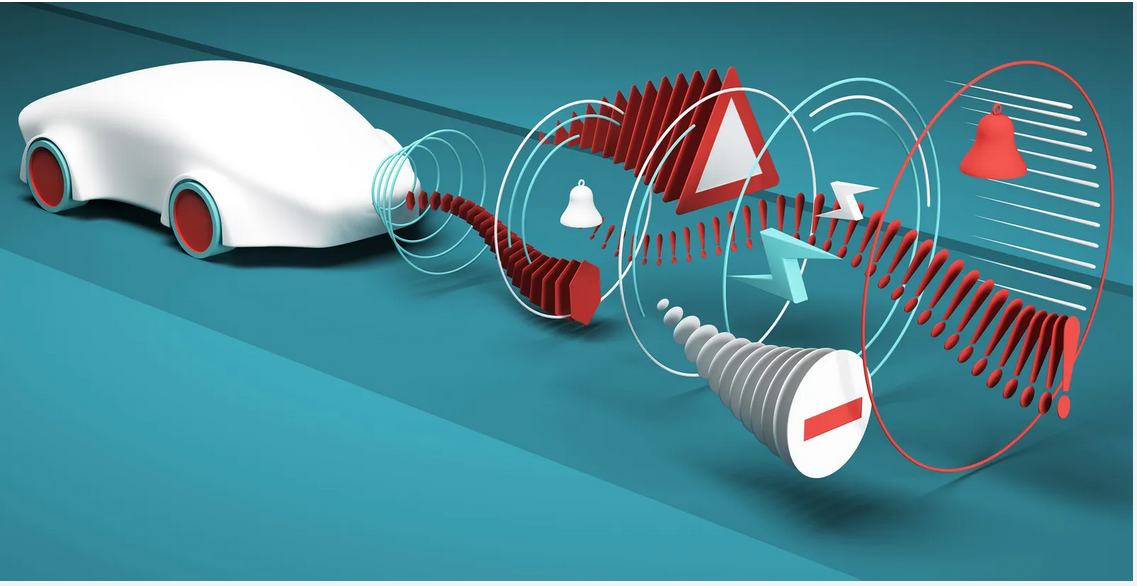
Half and half Electric Vehicle class vehicles need to consent to AIS102 Part1 and Part2. Retro-fitment is another plan of action in the electric vehicle space.
The old vehicles with gas powered motors which are being connected with the electric unit need to follow AIS123 Part1, Part2, and Part3.
- AIS138 Part1, Part2/IS 17017 standard applies for charging foundation.
- AIS131 type-endorsement technique for electric and cross breed electric vehicles presented on the lookout for pilot/showing projects planned for an administration plot.
For L Category Vehicles, AIS156 (in accordance with UN R136) covers the accompanying focuses:
- Vibration test
- Warm shock and cycling test
- Mechanical drop test for removable REESS
- Mechanical shock
- Imperviousness to fire
- Outside shock circuit security
- Cheat security
- Over-release security
- Over-temperature security


